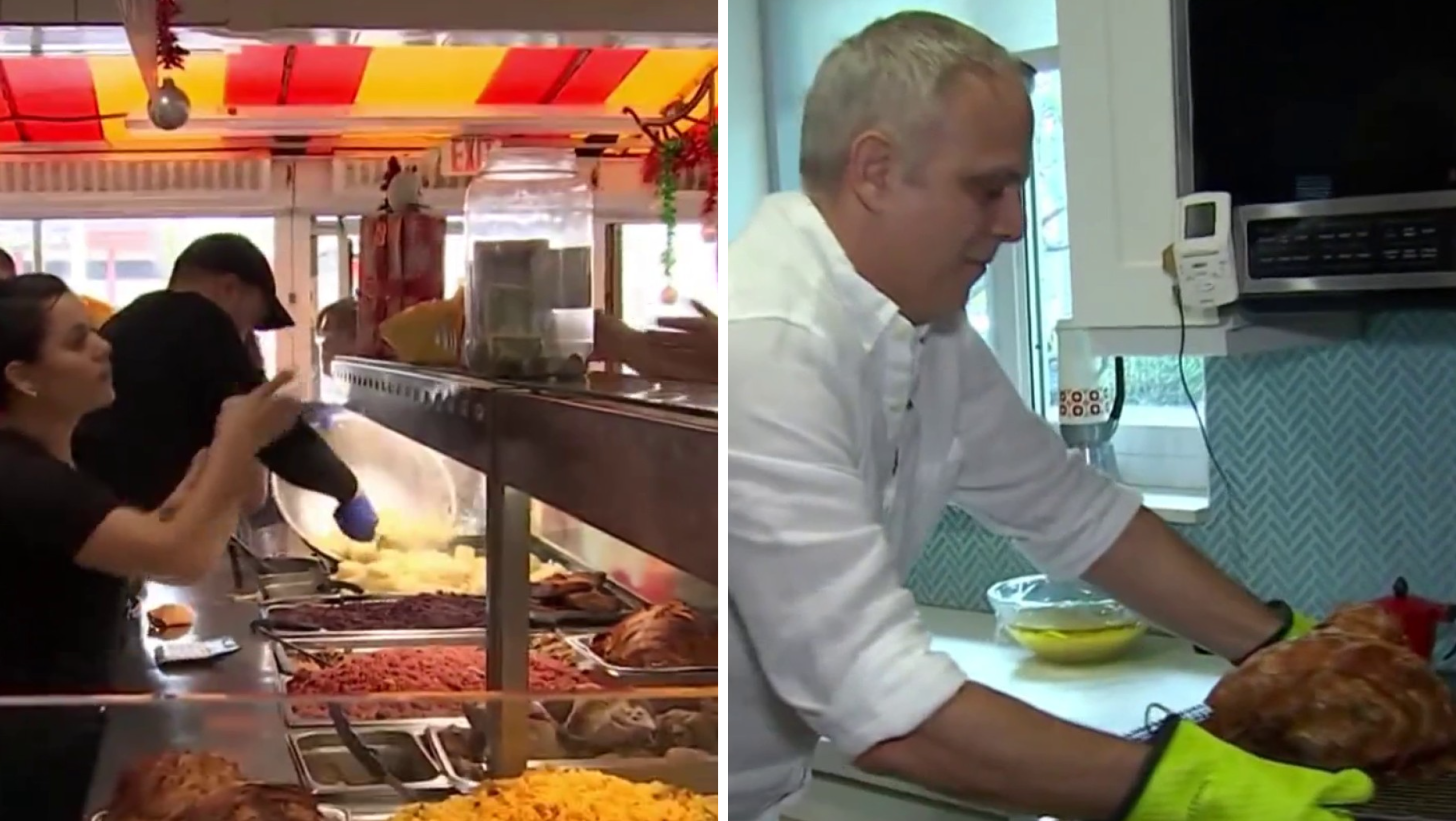
After closing amid the coronavirus pandemic, the National Park Service is testing public access at several parks across the nation, including two in Utah, with limited offerings and services. Visitor centers and campgrounds remain largely shuttered at Bryce Canyon and Capitol Reef, but visitors are welcome at some of the sites.
“I felt like they did it right here because if they opened all the services, I think it would have been too much. Too many people would hit it,” Donna Sullivan, of Sedona, Arizona, told The Salt Lake Tribune Wednesday at Bryce Canyon.
Watch NBC6 free wherever you are
>Sullivan was on a day visit to hike the park’s Rim Trail and Bryce Amphitheater, two of the few hiking destinations currently open at Bryce. She found plenty of room to social distance, but Bryce will likely see larger crowds as word gets out that the park is open and will not collect entry fees.
Visitors should steel themselves for a “new normal” that will not likely square with their last trip, said Acting Park Service Director David Vela.
Get local news you need to know to start your day with NBC 6's News Headlines newsletter.
>“You may have facilities that aren’t going to be available, but the (park’s) footprint will be. So it will be a different visitor experience, and it will be a different normal that we’re going to need to own and, frankly, mitigate,” Vela said Friday. “This gets to the value and importance of making sure that visitors know what to expect when they get to the park, making sure that visitors go to the park’s website (and) social media ... as to what is accessible, how to plan your trip, and, most importantly, what are the expectations when you get there.”
Recent crowding at southern Utah’s state parks could offer a hint of what’s headed Bryce’s way later this season, said Bryce Park Ranger Peter Densmore.
“This experiment, this limited reopening is really a cooperative effort between us and the public. It’s not possible to reap the full benefits of the mitigations we put in place if people aren’t aware of them and helping us to enforce them,” Densmore said at the shuttered visitor center.
Local
While the park reopened its core attraction, Bryce Amphitheater, Capitol Reef took an opposite approach, keeping its historic center at Fruita and the Scenic Road closed for now.
“You will see more and more parks provide recreation access. We are doing it very thoughtfully,” said park service spokeswoman Vanessa Lacayo.
Parks are staffing up and will increase access as workers are in place to patrol trails and roads, host campgrounds and operate visitor centers and museums. At the Utah parks, seasonal employees from out of state must quarantine for 14 days before they can report for duty, which will slow the process.
Openings have yet to be announced for Arches National Park and Canyonlands National Park.
Major parks throughout the country that have begun limited openings include Badlands and Wind Cave national parks and Jewel Cave National Monument in South Dakota; Everglades National Park in Florida; Indiana Dunes National Park; Lake Mead National Recreation Area in Nevada; Mount Rainier National Park in Washington; Mammoth Cave National Park in Kentucky; Pinnacles National Park in California.
Advocacy groups fear the park service is moving too fast and urge extreme caution.
“We are also eager to get Americans back into our national parks. But it is too soon,” warned Phil Francis, a retired superintendent who heads The Coalition to Protect America’s National Parks. “Parks absolutely should not open until the safety of National Park Service employees, concession employees, volunteers and other partners, including those who work and live in gateway communities, can be ensured.”
Most park staffers will be in contact with visitors and many live on-site, in close quarters, in government-owned housing, he said. According to a park service document, parks should estimate that up to 40% of the total staff at the park may require isolation and 4% may require hospitalization.
“This is not only impossible under the current setup,” Francis said, “it is unacceptable.”



